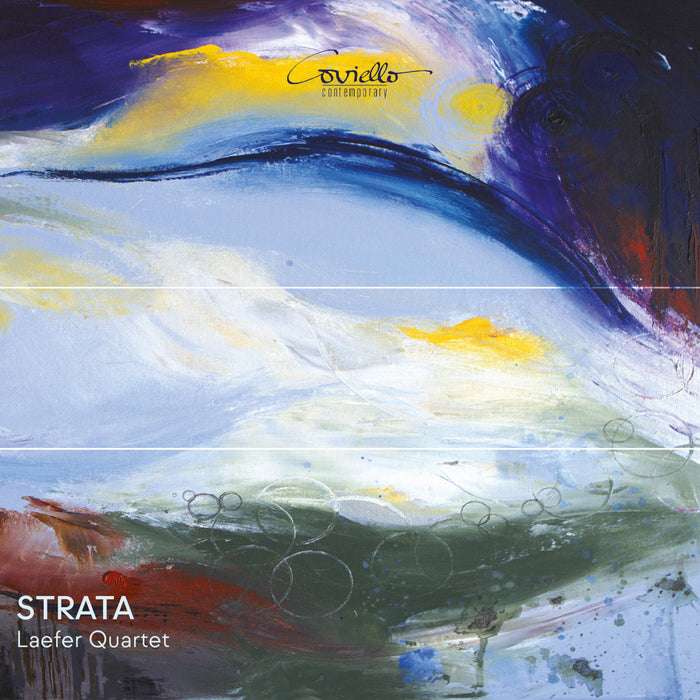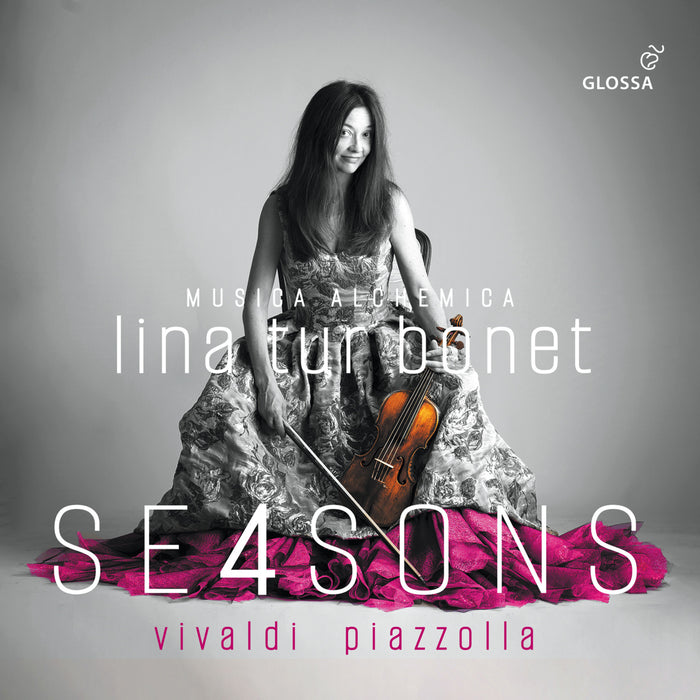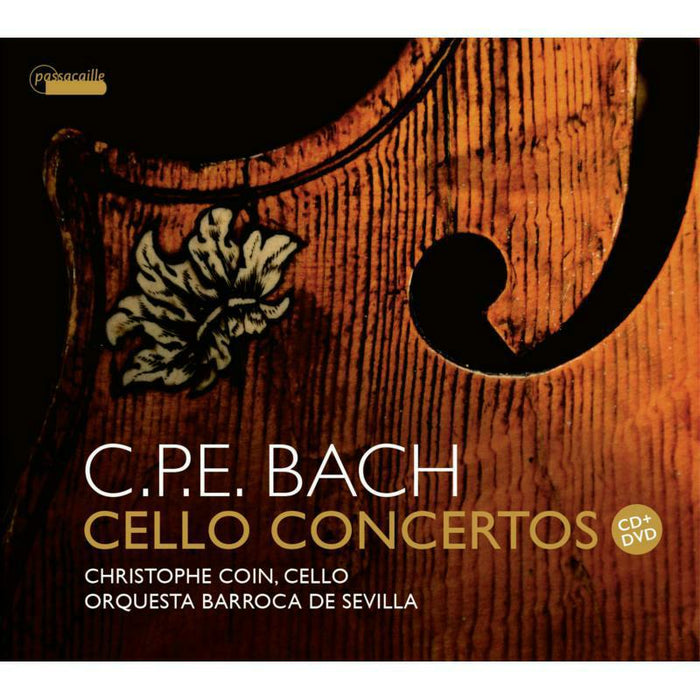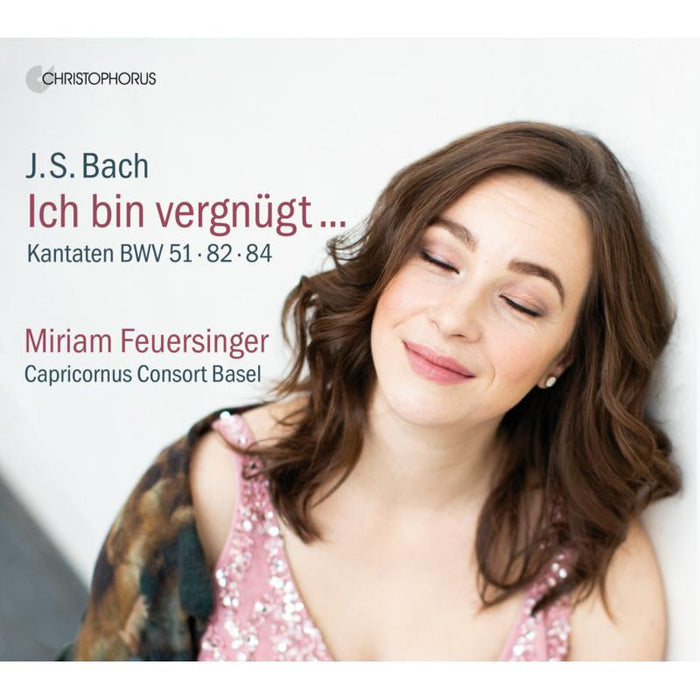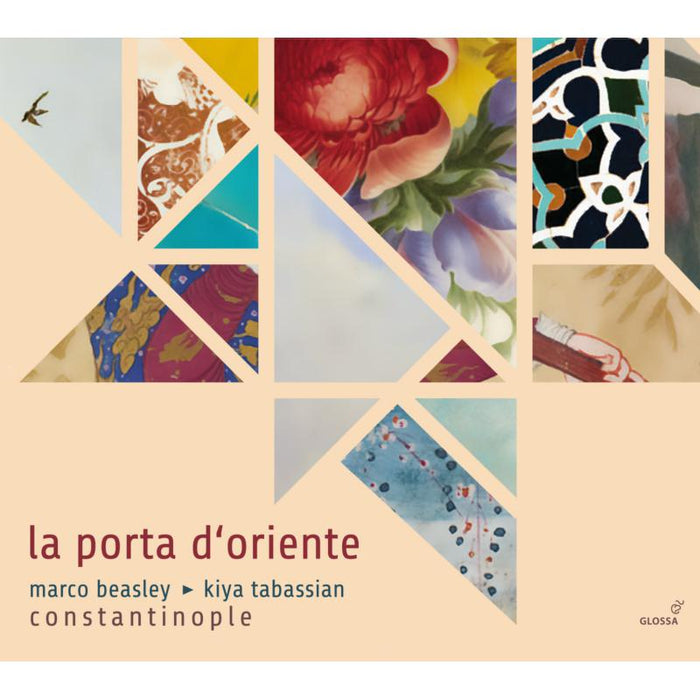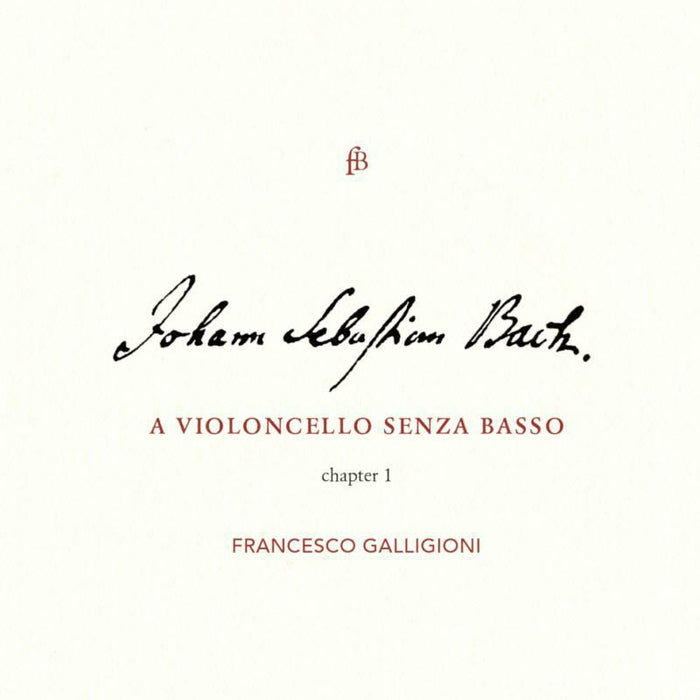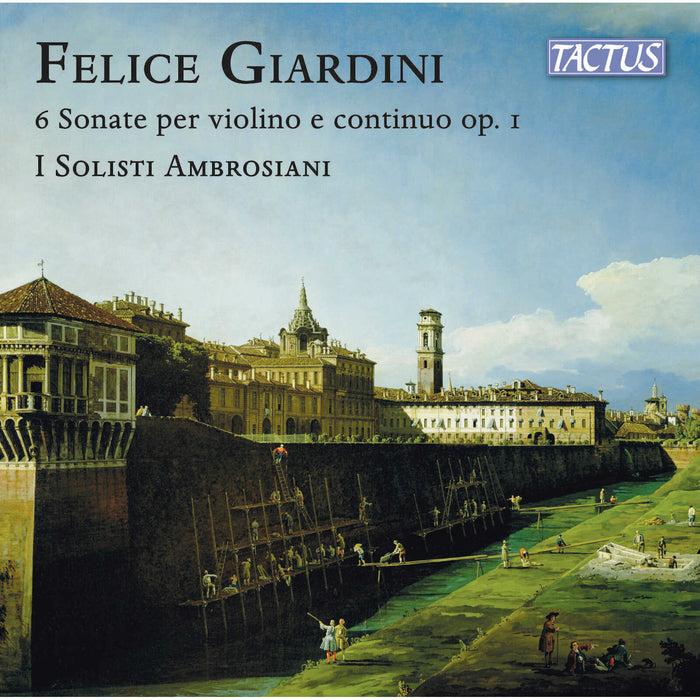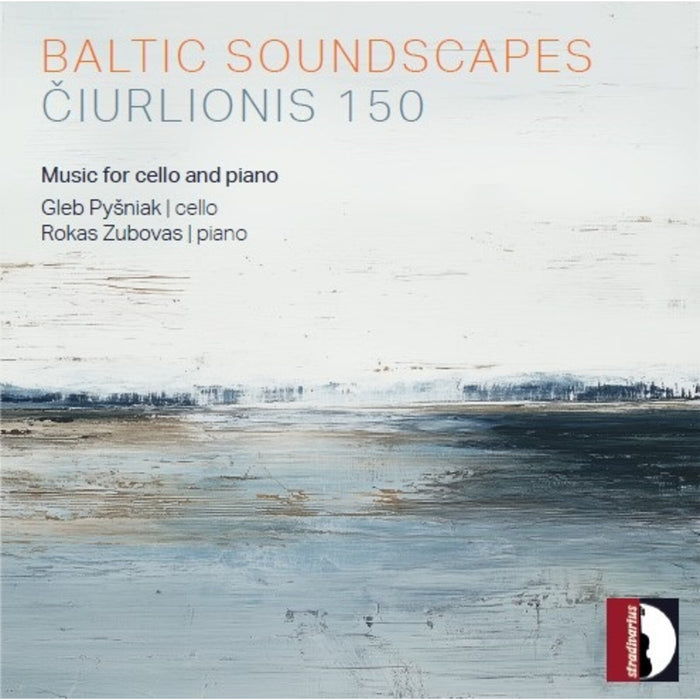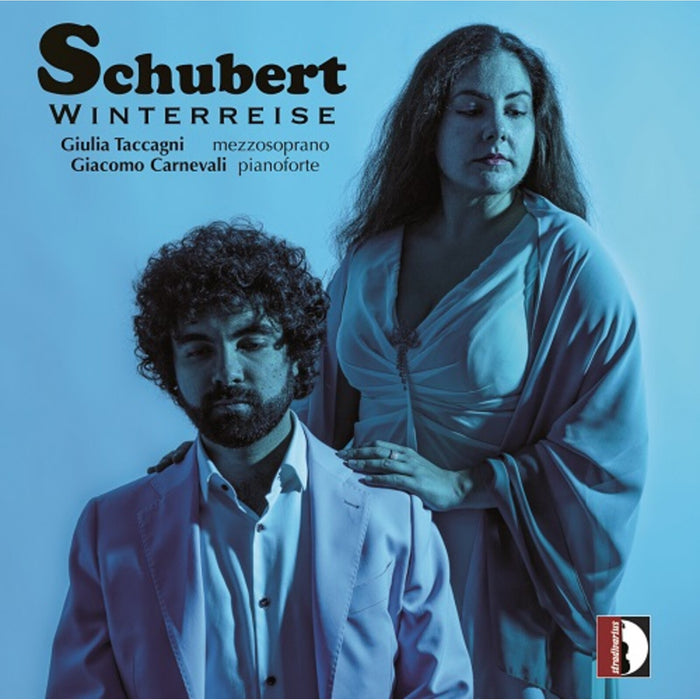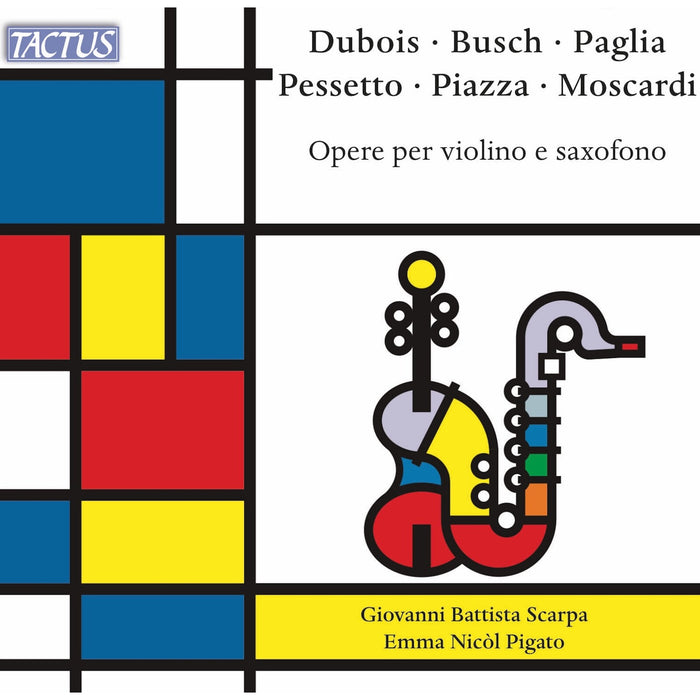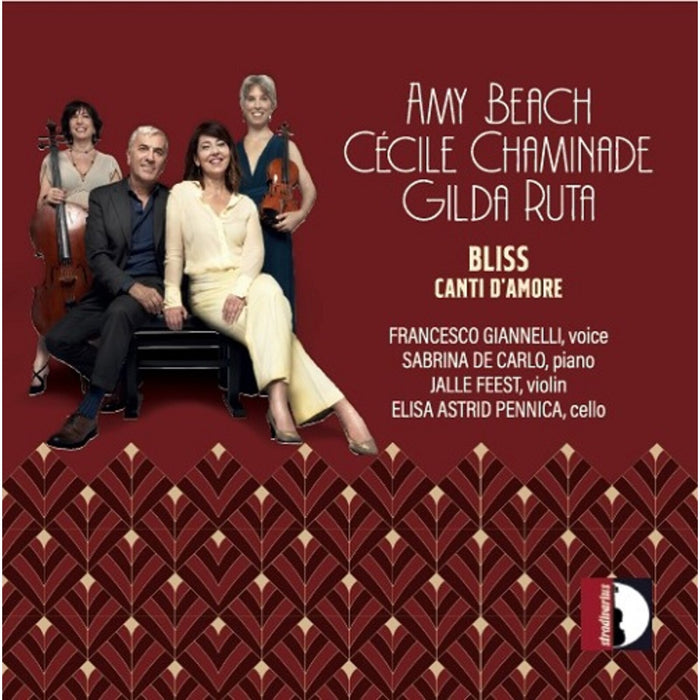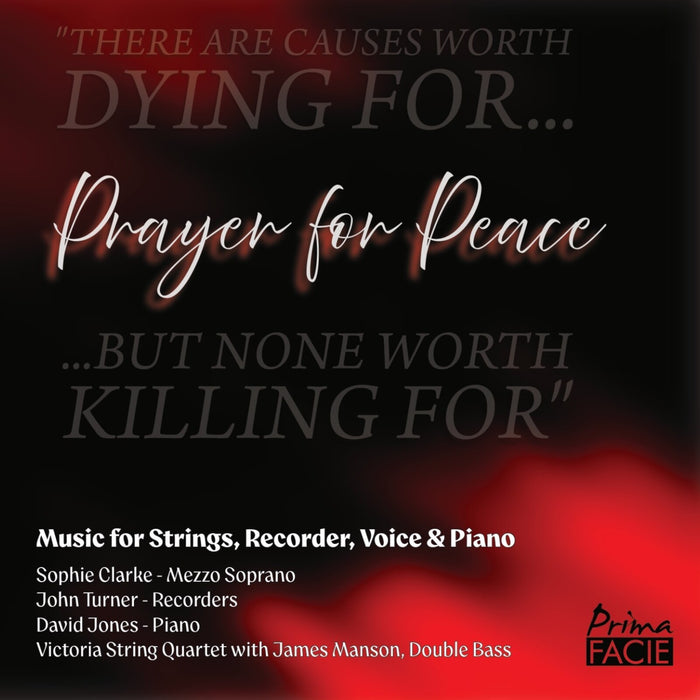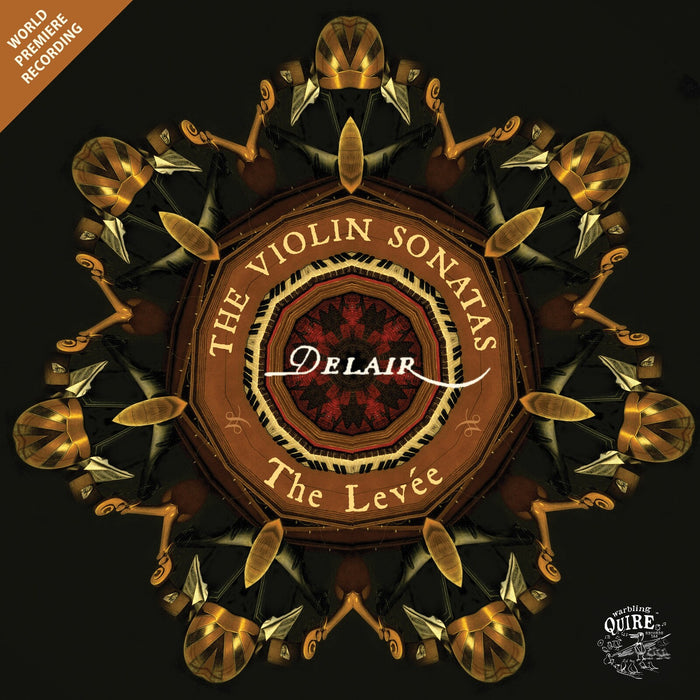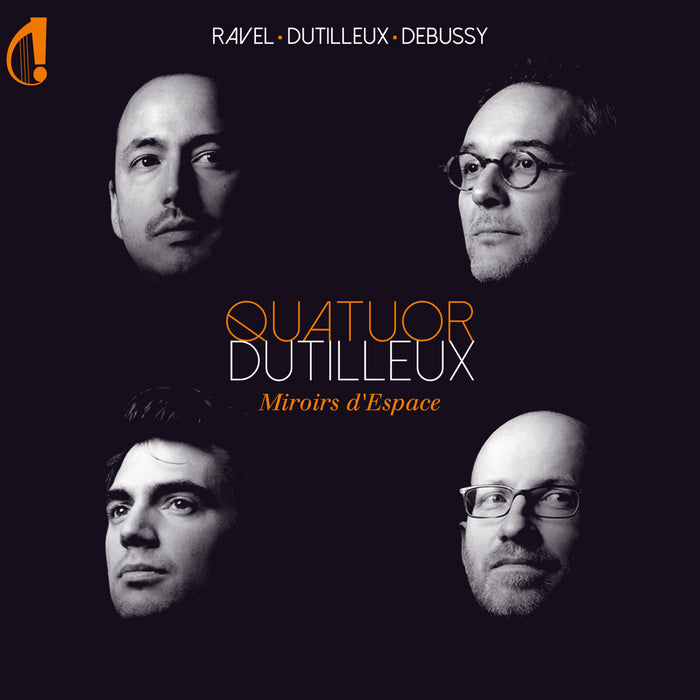Description
"The debut album of our Malevich Ensemble includes works by Camille Saint-Saëns (1835-1921) and Sergej Taneyev (1856-1915). The two piano quartets are about 50 years apart in terms of the composition's time. Thus our concept is not so much about presenting the audience with two con-trasting works, as more about demonstrating the evolution of the romantic piano quartet as a genre.
At first glance, it would be hard to find more dissimilar works in quartet literature: Saint-Saëns' 1853 youth quartet is composed in the tradition of Mozart and Mendelssohn, while Taneyev's 1904 quartet surely represents the late Romantic symphonic style, inspired by Tchaikovsky and Franck. And if Saint-Saëns' opus fully complies with the notion of "chamber music", Taneyev's work surpasses it several times over. It feels as if the composer "squeezed" a grand romantic symphony into the framework of an ensemble consisted of four players.
But closer inspection reveals several similarities between the works: these include a common tonality (in E Major), which also represents another idea of the chosen program for our album-showing two drastically different "romantic" views on one tonal-sound world, and the general structure of the cycles (three movements in each of the quartets). Another factor that unites these works is a sort of a "tribute" that the composers pay to genres and styles of previous epochs. Whereas with Saint-Saëns it is traced by the general stylistics of the work: clarity and simplicity of the form, alongside with a sparkling brilliance of the Classicism and the early Romanticism. In contrary, with Taneyev's opus it is presented in a truly virtuosic use of contrapuntal elements, where the composer's absolute mastery in the Art of Polyphony is shown through the extensive use of highly complex multilayered Fugal passages.
There is another reason why we have selected these particular quartets for the album: a revival of the forgotten, yet outstanding works, written for such a specific formation. For various reasons the "stage life" of these quartets was not as successful as the ones composed by Mozart, Brahms or Dvorák, even being close to falling into an obscurity. One of the ensemble's main goals is to search, find and eventually perform the unknown or rarely heard works, and we sincerely hope that with this recording listeners will turn their utmost attention towards these masterpieces.
We are certain that these quartets are not only as good as the more frequently performed works by Brahms, Dvorák or Fauré, but in many ways surpass them in freshness, brilliance and originality." - Georgy Voylochnikov


